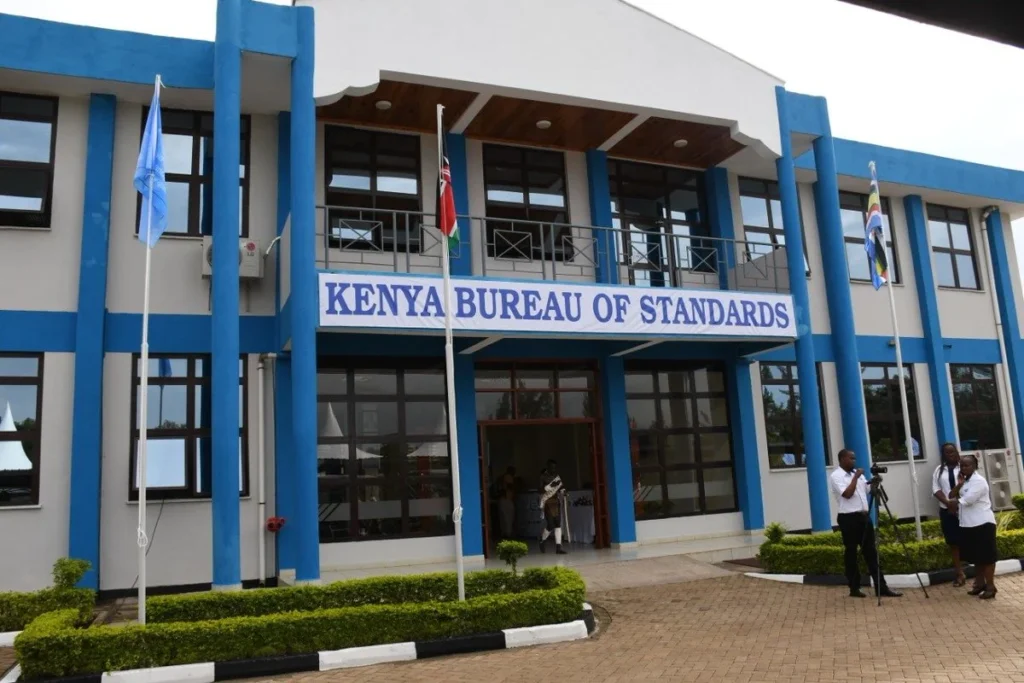The Kenya Bureau of Standards (Kebs) has moved to reassure Kenyans that all methanol in the country meets strict safety standards, following reports linking Kenya to a list of nations at risk of methanol poisoning from counterfeit or tainted alcoholic drinks.
In a statement issued on October 22, 2025, Kebs clarified that both locally produced and imported methanol undergo mandatory testing and denaturation to ensure it is unfit for human consumption. “All methanol in the country is denatured by adding the bitterest chemical known, denatonium benzoate,” the agency said. “This ensures methanol found in Kenya can never be mistaken for alcohol.”
The Bureau explained that methanol regulation in Kenya follows established national standards developed by the Industrial Solvents and Chemical Technical Committee. These include:
- KS 2471:2013 – Methanol for Industrial Use – Specifications
- KS 2582-1:2014 – Safety of Chemical Products – Code of Practice – Part 1: Safety of Methanol
- KS 2583:2014 – Denatonium Benzoate in Alcohols – Test Method
- KS 2584:2018 – Transport of Dangerous Goods – Operational Requirements of Road Vehicles
Kebs noted that these standards guide certification and compliance checks before methanol is approved for industrial or commercial use. Under Section 4.1.6 of KS 2582-1:2014, all methanol grades, except those for laboratory use, must be denatured with denatonium benzoate to prevent ingestion. Section 4.1.7 further mandates that all non-laboratory methanol must contain not less than 8 parts per million (ppm) of the denaturant.
The Bureau emphasized that these measures form part of Kenya’s robust safety framework to protect consumers from exposure to unsafe chemicals and curb illegal alcohol production. Kebs urged Kenyans to purchase alcohol and industrial chemicals only from licensed and certified sources bearing Kebs quality marks.
“The safety of Kenyans remains our top priority,” the agency reiterated.

